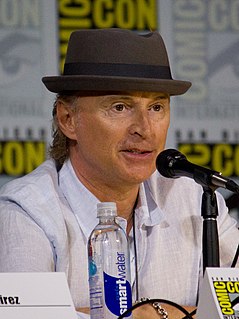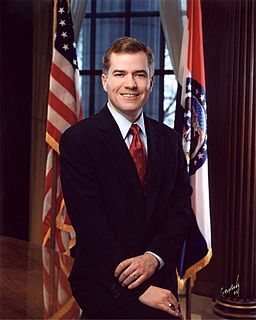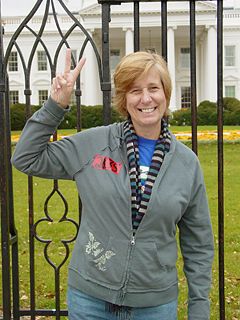A Quote by Joan Didion
All of these things we do without children, and suddenly we don't do them anymore, and it comes home to us in a real way, that it's very different to have the responsibility of a child.
Related Quotes
I believe it would be much better for everyone if children were given their start in education at home. No one understands a child as well as his mother, and children are so different that they need individual training and study. A teacher with a roomful of pupils cannot do this. At home, too, they are in their mothers care. She can keep them from learning immoral things from other children.
To rescue our children we will have to let them save us from the power we embody: we will have to trust the very difference that they forever personify. And we will have to allow them the choice, without fear of death: that they may come and do likewise or that they may come and that we will follow them, that a little child will lead us back to the child we will always be, vulnerable and wanting and hurting for love and for beauty.
When I met Akira Kurosawa in Japan, one question he asked me was, "How did you actually make the children act the way they do? I do have children in my films but I find that I reduce and reduce their presence until I have to get rid of them because there's no way that I can direct them." My own thought is that one is very grand, like an emperor on a horse, and it's very hard for a child to relate to that. In order to be able to cooperate with a child, you have to come down to below their level in order to communicate with them.
When I have children that go home and mom and dad are not home because they're working, they're trying to get food on the table, and they come home to an empty house and they go to sleep in an empty house, there is no way that child can compete against a child from the west side of Los Angeles who both parents went to Stanford. Well, good for them, God love them. That's not an equal playing field.
A lot of times it's the child that sees something and not the grownup. I love that because, when readers get older, they start looking for the most important ideas in the story. They don't look at things in the same way anymore. Children haven't really learned to do that yet. They take all their great, intellectual skills, look at the full page, and appreciate all of the different things.
If he could have his way, Satan would distract us from our heritage. He would have us become involved in a million and one things in this life-probably none of which is very important in the long run-to keep us from concentrating on the things that are really important, particularly the reality that we are God's children. He would like us to forget about home and family values. He'd like to keep us so busy with comparatively insignificant things that we don't have time to make the effort to understand where we came from, whose children we are, and how glorious our ultimate homecoming can be!
And those handmade presents that children often bring home from school: They have so much value! The value is that the child put whatever he or she could into making them. The way we parents respond to the giving of such gifts is very important. To the child the gift is really self, and they want so much for their selves to be acceptable, to be loved.
Even when you think you can detach yourself from the characters, you don't. Because you're spending so much time trying to realize this person and make them real that they do infect you, in a way. And you do take them home and live with them, even if you think you're turning the character off. But in order to pull off a role convincingly, you wind up thinking about that person all the time, and it does sort of creep into you. And then there are things that you'll respond to, or react to in a very different way than you would normally.
To each his own. It's one of those things. How you build your family?you have to know what you're capable of handling and how your children will relate to each other. Maybe if you have one child and that child has a lot of needs, you realize you cannot give more attention to another. Sometimes you just know as a parent. We felt we could handle more children, and we have a very happy, very full home.



































